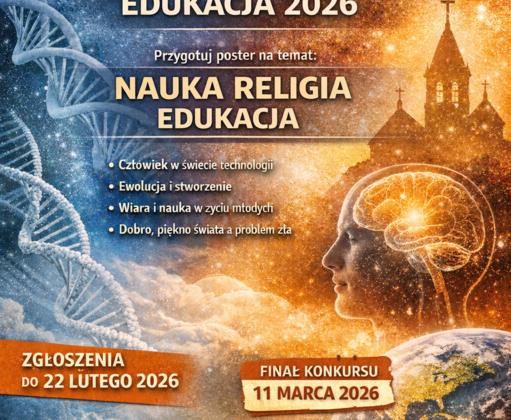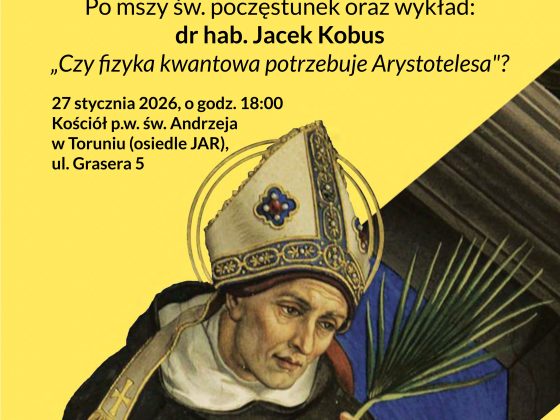Leo XIV and artificial intelligence
The Easter period is a special time for the Church, and this year it has taken on special significance for ecclesial reasons as well. On Easter Monday, 21 April, Pope Francis died, marking the beginning of the Sede Vacante period. It ended on Thursday, 8 May, when the election of a new pope – Leo XIV, hitherto Cardinal Robert Prevost – was announced.
Even before the inauguration of the pontificate, scheduled for Sunday 18 May, the new pope’s coat of arms and motto were presented and he also began meetings with various bodies. On Saturday, 10 May, during his address to the cardinals, the Holy Father referred to the mission of the Church as defined by the Second Vatican Council and continued by Pope Francis. Referring to his chosen name – Leo XIV – he pointed to the inspiration of the person of Leo XIII and his encyclical Rerum novarum.
It was precisely because I felt called to continue on this path that I decided to take the name Leo XIV. The reasons are various, but above all because Pope Leo XIII, in his historic encyclical Rerum novarum, addressed the social question in the context of the first great industrial revolution, and today the Church is sharing her heritage of social teaching with everyone in order to respond to the next industrial revolution and the development of artificial intelligence, which pose new challenges in the defence of human dignity, justice and work.
~Leon XIV.
The statement suggests that the topic of artificial intelligence – and more broadly the relationship between science and faith – could become one of the key issues of the pontificate that is about to begin.
Photo: Vatican News



